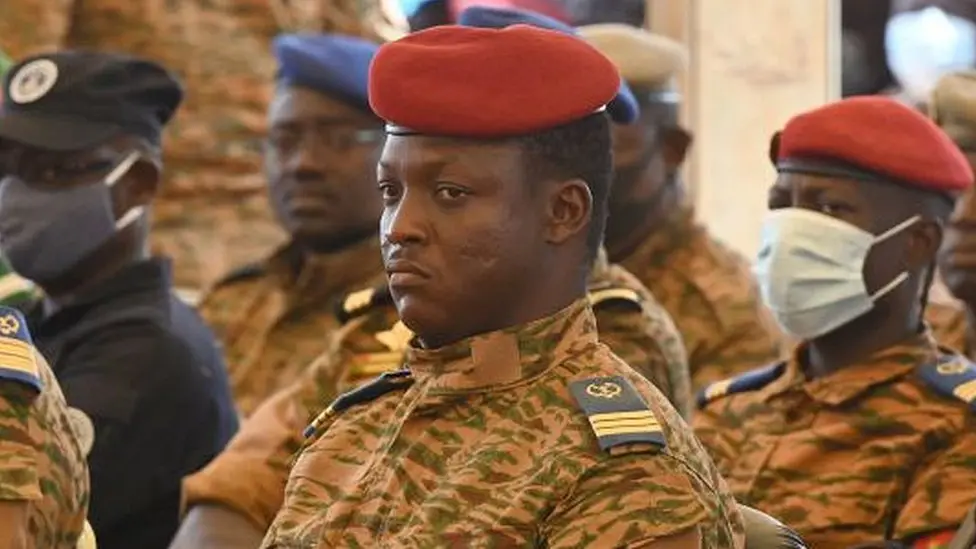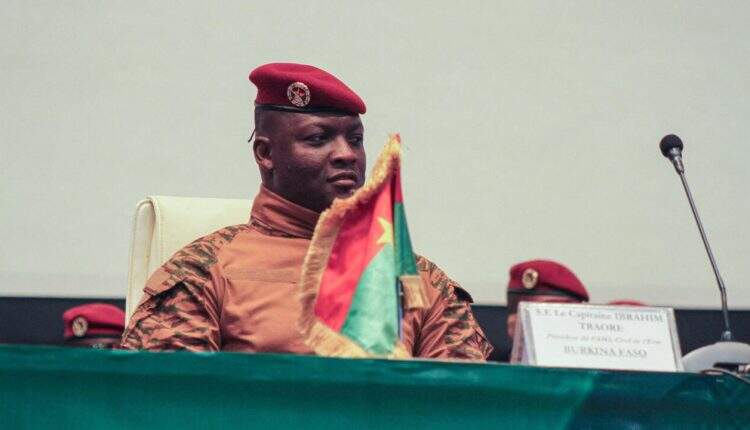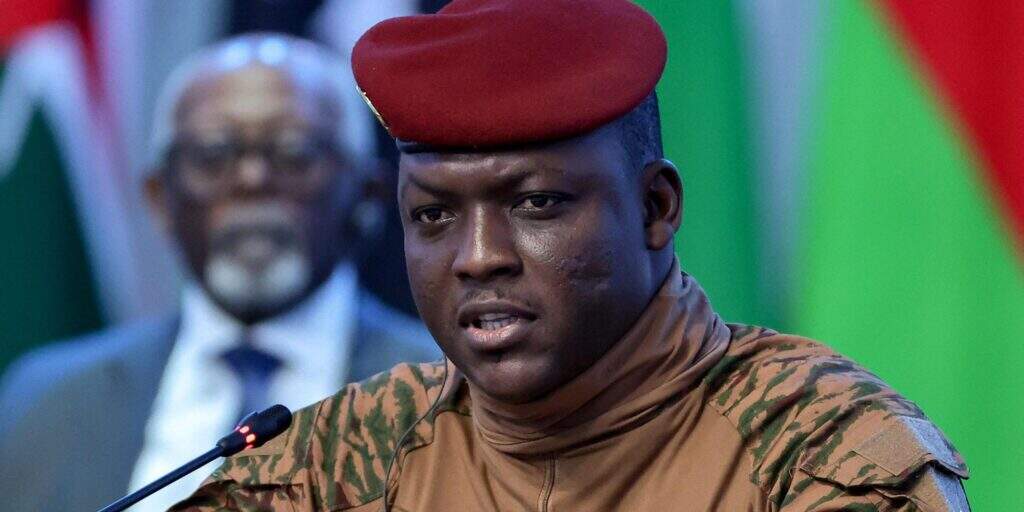In a dramatic shift in Burkina Faso’s political landscape, military leader Captain Ibrahim Traoré has announced the dismissal of Prime Minister Apollinaire Joachim Kyélem de Tambèla and the dissolution of the government, according to a decree released on Friday.

The decree, issued without specific reasons for the dismissal, stated that members of the dissolved government would remain in place to manage ongoing state matters until a new administration is appointed.
Kyélem de Tambèla, who had been in office since October 2022, served through three successive governments following the coup that brought Traoré to power. His removal signals a continuation of the political instability that has plagued the West African country in recent years.
Burkina Faso has seen two coups within the past three years, beginning with the ousting of then-President Roch Marc Christian Kaboré in January 2022. Lieutenant-Colonel Paul-Henri Sandaogo Damiba, who led that coup, was himself overthrown by Traoré in September 2022. Damiba is now in exile in Togo.

Under Traoré’s leadership, the junta has consistently emphasized national sovereignty, frequently voicing criticism of Western powers, particularly France, which was the country’s former colonial ruler. In contrast, the junta has strengthened ties with neighboring Mali and Niger, forming the *Alliance of Sahel States (AES)* in late 2023. This alliance has shifted its focus toward Russia, which has sent military advisors to assist in the fight against rising jihadist violence across the region.
The Sahel region has been battling jihadist insurgencies since 2012, with the violence spreading from northern Mali to Burkina Faso and Niger by 2015. The ongoing conflict has caused widespread devastation, with over 26,000 people, including civilians and soldiers, reported dead, and nearly two million displaced. Despite these grim statistics, the junta has vowed to continue its efforts to restore stability and secure the country from jihadist attacks.

The political turmoil in Burkina Faso is set against the backdrop of an increasingly fractured Sahel region, where governance issues and security challenges remain at the forefront. The junta’s swift actions, including the dismissal of top officials, underscore its ongoing attempts to consolidate power and steer the nation through this period of uncertainty. The situation remains fluid, and it is unclear what impact these latest developments will have on Burkina Faso’s internal and external relations.
Follow us on our socials @empfricfmradio for more updates.
